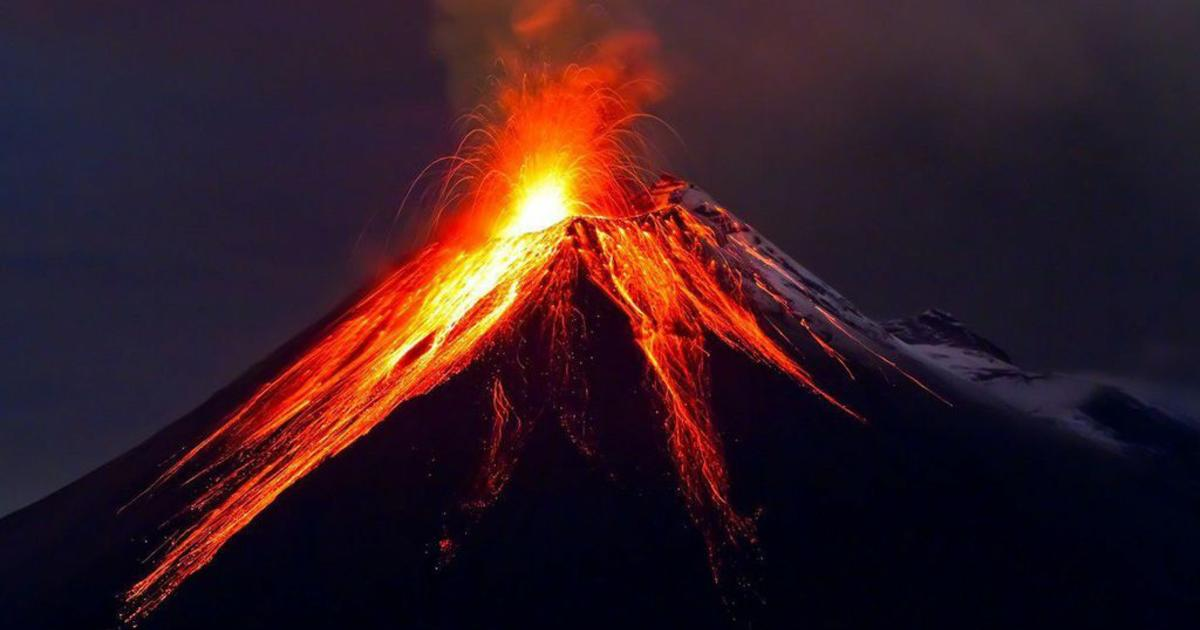Ram V Chary on Taking Disaster Photos: A Guide
 |
Image source: amnh.org |
What equipment do you need?
Your camera, of course, is your main equipment. For this reason, you need to bring essential camera accessories, specifically those that will keep your camera safe from water, moisture, dust, or even fire. You should have a waterproof and shockproof case for your camera. Or, if you can, purchase a water and shockproof camera, so you won't need to bring the bulky equipment case. Some dSLRs are dust resistant, so they're safe to use even when you need to take photos of a mudslide or a volcanic eruption, adds Ram V Chary.
 |
| Image source: harvard.edu |
Ram V Chary says do not use plastic to protect your camera when covering a forest fire. The heat can melt the plastic. The best way to protect your camera during a fire is to wrap it with a cloth covered with aluminum foil.
How do you take the photos? When taking photos of disasters, the first thing that you need to remember is sensitivity. You have to be sensitive about how a photo can affect the people who will see it. So, choose only images that are ethical. Avoid taking photos that are too demoralizing or disturbing.
Honesty is also important when taking photos. Don't stage or manipulate a scene. Take the photo as is. This is the best way to convey the message and emotions that you want to share with the people. Don't overthink the technical aspects of your photos, says Ram V Chary. Just take them.